
A myeloid panel mutation analysis should be prioritized for patients with clonal cytopenia of undetermined significance (CCUS) as it can better assess patient risks for progression to a myeloid malignancy, a recent study argues.

A myeloid panel mutation analysis should be prioritized for patients with clonal cytopenia of undetermined significance (CCUS) as it can better assess patient risks for progression to a myeloid malignancy, a recent study argues.
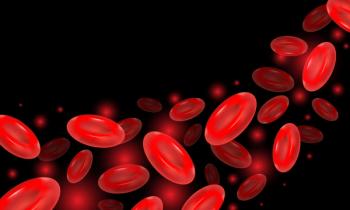
Patients with hemophilia A experienced prognostic and quality of life benefits from emicizumab (Hemlibra; Genentech) prophylaxis treatment.
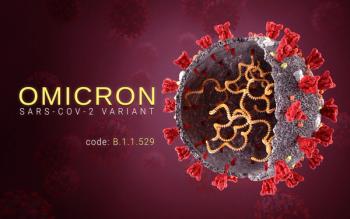
A single-center study suggests complement inhibitors do not reduce the severity of a COVID-19 Omicron infection in patients with paroxysmal nocturnal hemoglobinuria (PNH).

“These autosomal diseases, from an inheritance standpoint, affect men and women equally, but because of their impact on the gynecological system and menses, women are often affected much more than men," hematologist Donna DiMichele, MD, explains.
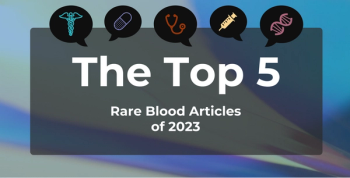
The top 5 articles about rare blood featured information on pseudo–thrombotic thrombocytopenic purpura (TTP), immune TTP, and hemophilia.

Patients with immune-mediated thrombotic thrombocytopenic purpura (TTP) were found to have white matter damage in the frontal lobe and cingulate cortex that could affect short-term memory and depressive scores.

Patients who had concurrent thrombotic thrombocytopenic purpura (TTP) and COVID-19 had elevated risk of mortality and other complications.

Children with sickle cell disease and their caregivers experience an increased burden on health-related quality of life (HRQoL) due to the frequency of vaso-occlusive crises (VOCs).
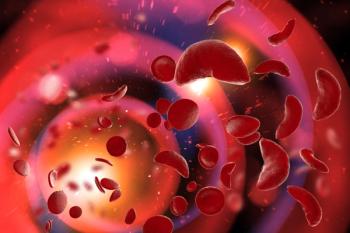
A medication monitoring program using medication bottles waws found to be effective in patients with sickle cell disease (SCD), though the usage will need additional support.

The FDA has approved a gene-editing therapy for sickle cell disease (SCD) for the first time.

Iptacopan, the first oral monotherapy for patients with paroxysmal nocturnal hemoglobinuria (PNH), is now an FDA-approved option for improving hemoglobin levels.

Pregnancy-onset thrombotic thrombocytopenic purpura (TTP) is a challenging condition with 3 distinct subtypes, which should be planned for in adults with a history of TTP.

Health-related quality of life was found to be associated with poverty status through parenting stress in children with sickle cell disease (SCD).

Patients with sickle cell disease (SCD) who wore an Apple Watch and reported daily pain scores could have their pain scores accurately predicted during hospital admission for vaso-occlusive crises and after discharge.
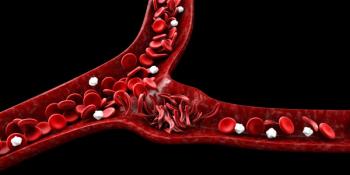
Durable mechanistic effects and a good safety profile were found in patients who took mitapivat for sickle cell disease (SCD).

Adzynma is the first product to be approved for the treatment of the rare blood disorder that has 90% mortality when left untreated.

Acute kidney injury (AKI) was found to be common in children aged 17 years and younger who were hospitalized for sickle cell anemia.

Patients with paroxysmal nocturnal hemoglobinuria (PNH) who had suboptimal response to eculizumab can switch to pegcetacoplan for a cost-effective alternative, according to. acost analysis.
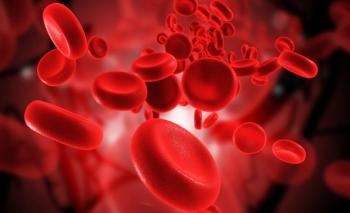
Immune thrombotic thrombocytopenic purpura (TTP) can be treated safely and effectively with caplacizumab.

A panel of experts agreed that exa-cel, a sickle cell disease gene therapy, was safe enough for clinical use, setting the stage for a potential FDA approval; the United States saw an increase in infant mortality rates for the first time in more than 2 decades; the new antiburnout campaign from the CDC asks leaders to better support health care workers.

Pharmacy workers embark on a multiday strike; Fathers are taking paid family leave to bond with their newborns; the FDA is set to evaluate a pioneering gene therapy for sickle cell disease (SCD).
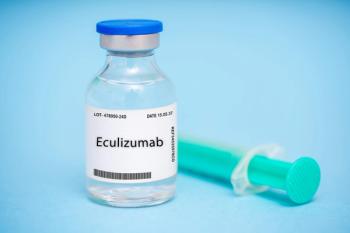
Paroxysmal nocturnal hemoglobinuria (PNH) could be effectively treated by using eculizumab, which was found to be safe in patients.
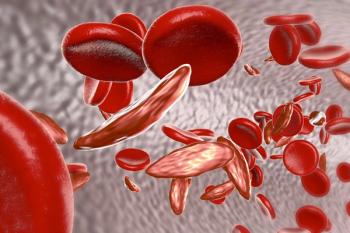
Biases in care for young adults with sickle cell disease could lead to lower quality of care for these patients.

Including biomarkers for non-ADAMTS13 in routine clinical testing could benefit diagnosis and follow-up in patients with immune-mediated thrombotic thrombocytopenic purpura (TTP).

Young women with sickle cell disease have a higher prevalence of heavy menstrual bleeding and dysmenorrhea.

259 Prospect Plains Rd, Bldg H
Cranbury, NJ 08512
© 2025 MJH Life Sciences®
All rights reserved.
